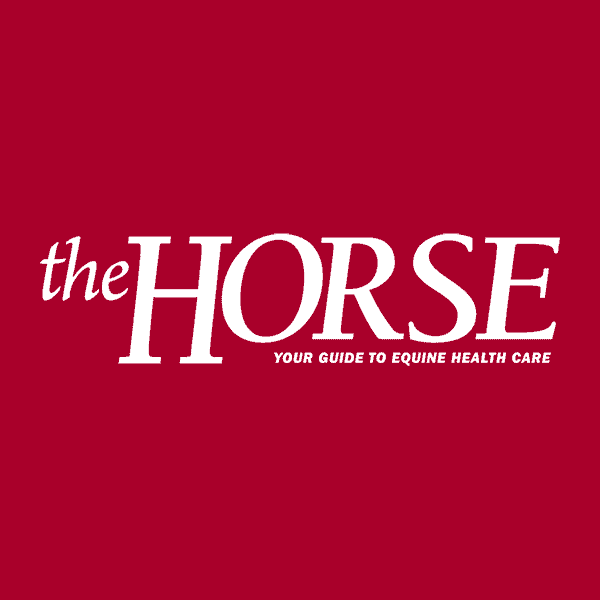First Equine West Nile Virus Cases in Georgia for 2002
Tests confirmed July 31 that West Nile virus (WNV) led to the death of a Pike County horse earlier in July. Tests also confirmed that a horse in Putnam County had contracted the disease, but fully recovered. The Tifton Veterinary Diagnostic
- Topics: Article, West Nile Virus (WNV)
Tests confirmed July 31 that West Nile virus (WNV) led to the death of a Pike County horse earlier in July. Tests also confirmed that a horse in Putnam County had contracted the disease, but fully recovered. The Tifton Veterinary Diagnostic and Investigational Laboratory and the University of Georgia College of Veterinary Medicine conducted the tests.
Georgia Commissioner of Agriculture Tommy Irvin said that there is another probable case in southeast Georgia,b but that it hasn’t been confirmed. The Pike County horse is the first equine West Nile virus fatality for 2002 in Georgia.
“Because none of these horses had been vaccinated for WNV, it emphasizes the need for horse owners to consult their veterinarians about getting their animals immunized,” said Irvin. The vaccine, manufactured by Fort Dodge Animal Health, is readily available and efficacy studies are still being conducted.
Georgia is the ninth state to report equine WNV cases in 2002. The others are Florida, Kentucky, Louisiana, Minnesota, Mississippi, North Dakota, Texas and South Dakota. More than 700 cases of West Nile Virus in horses were reported in the U.S. in 2001, primarily in the Southeast. There have been no human cases of WNV in Georgia in 2002
Create a free account with TheHorse.com to view this content.
TheHorse.com is home to thousands of free articles about horse health care. In order to access some of our exclusive free content, you must be signed into TheHorse.com.
Start your free account today!
Already have an account?
and continue reading.

Written by:
The Horse Staff
Related Articles
Stay on top of the most recent Horse Health news with















